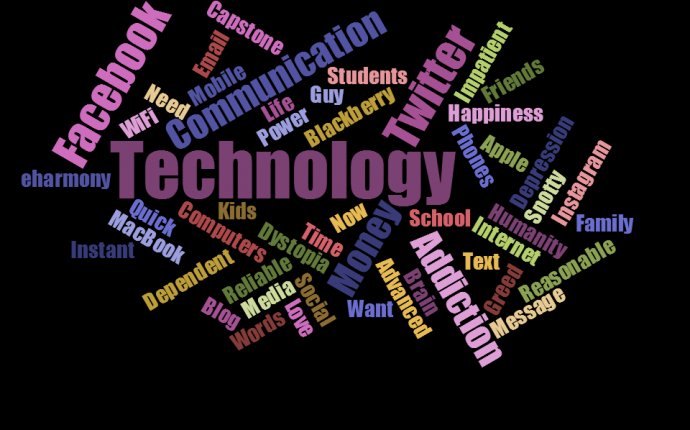
Problems with Technology in Society
This week begins the World Economic Forum’s Global Agenda Council meetings. More than 1000 experts (including Scientific American editor-in-chief Mariette DiChristina) have gathered in Dubai to discuss big world problems such as climate change, poverty, water shortages, energy and innovation. On each day of the 3-day meeting we will publish a synthesis of discussions that have taken place in the past year under the Forum's auspices about one aspect of emerging technologies, written by WEF’s Kristel van der Elst, Head of Strategic Foresight. Here is her first installment, on impacts to society. 
Five societal questions we can’t avoid when we think about emerging technologies
Technologies may one day offer us the opportunity to live healthily well beyond 100 years, enhance our intellectual and physical abilities and control our emotions. Technology may also enable us to become producers of our own products, track what we think and guide our decision-making. The reaction of many to such possibilities is often “what a perfect world we might soon have”. However, our discussion participants wondered whether a “perfect” world is the world human beings actually aspire to. What would changes brought about by such emerging technologies really mean for the real ‘us’?
1. Will perfection “on demand” turn us off?
Advancements to our physical, cognitive and social capabilities have always involved a process of constant learning that we associate with effort. If in the future we can enhance ourselves “on demand”, it raises the question whether advancements to our capabilities are a means to an end or whether they are ends in and of themselves? What will drive and motivate us if we can enhance ourselves and if choices are made for us? Will we still feel needed and in what way?
2. Will we all be the same?
Personal-genomics might allow us to “design” babies with whatever physical and intellectual attributes we deem desirable. If for the first time in our species’ history we can actively influence our evolutionary process, what will happen if not everyone has access to these technologies or if some decide to “opt out”? Will the absence of failure in an “enhanced” society hold civilization back and will “unenhanced” humans thus be needed to ensure disruptive progress? How will emerging technologies interact with the value systems of traditional religions?
3. Will we give up our bodies as our last private space?
If in the future technologies merge with the body, it could become almost impossible to disconnect from networks. People themselves would then be part of the “internet of things”. Will the benefits of technology such as remote medical care, for example, offset the cost in the loss of intimacy associated with personal care? For which benefits are we prepared to give up control over our bodies and to whom? What areas of our lives will we expect to remain private and will we continue to need private spaces?
4. Will computers replace our brains, hearts and souls?
Data technologies empower individuals and transport information about the diversity of our world to less liberal societies. At the same time, technology and virtual peer communities are increasingly making decisions for us. We’ve already developed algorithms allowing personalized search results; soon brain-computer-interfaces might be able to tailor content to our emotions. In addition, we now can receive real-time feedback about what and who is best for us through tracking and matching tools, which tend to ignore the contradictory nature of the human mind. Will our decisions come to be based mostly on our intuition, on data analytics, or on peers’ recommendations? How will we safeguard the instincts that help us survive? How will hard-fought-for values such as tolerance, individuality and freedom of choice evolve?
5. Who will write the code?









